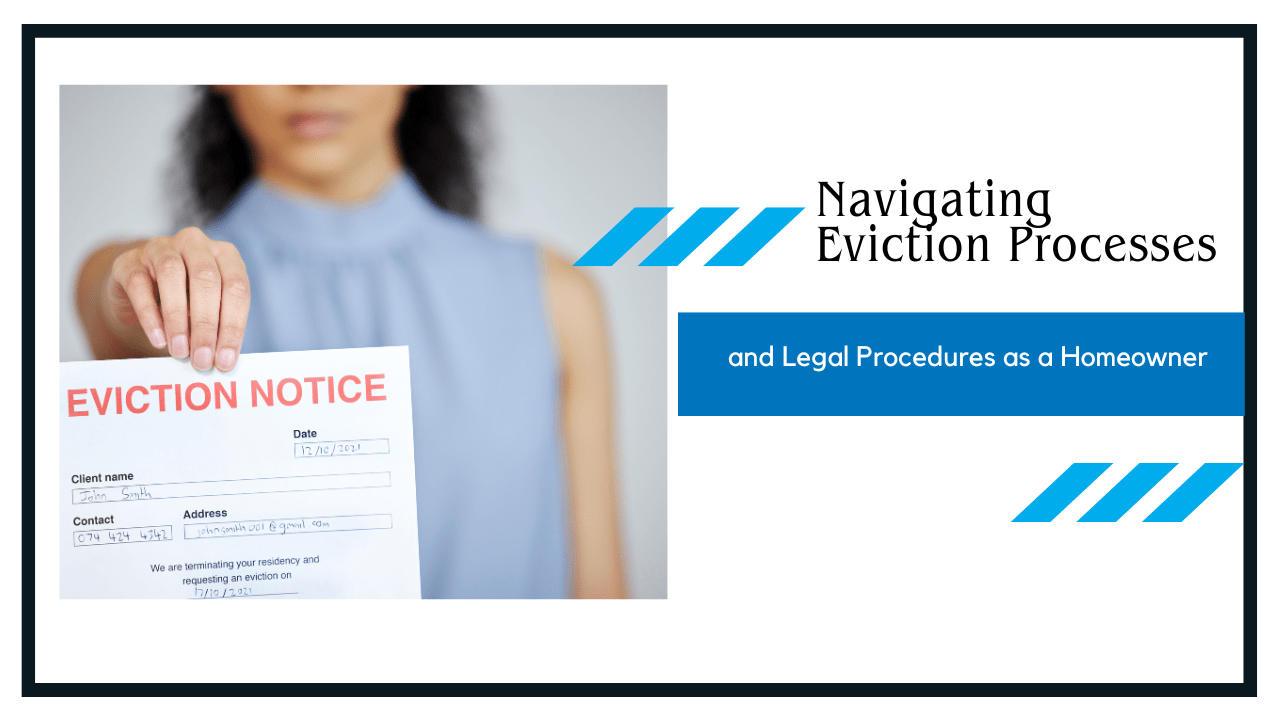With over 20 years of
property management experience and a knack for solving problems, our team at Western Property Management is an immediate resource for owners who are struggling with eviction. Landlords reach out to us when they’re worried about the laws around eviction and the legal process that they know can be complex and challenging.
We are here to help you navigate the eviction process and the legal procedures when you need to remove a tenant from your rental home in Santa Cruz County.
Eviction can be difficult and emotional. Time-consuming and expensive. Our theory is that it should be avoided altogether with
solid tenant screening and positive tenant relationships. But, things happen. You may find yourself with no other option except eviction.
Let’s take a look at what you need to know and where you need to start when it comes to evicting a tenant in California.
First Things First: Do Just Cause Eviction Laws Apply to Your Rental Property?
In order to lawfully evict someone in Santa Cruz, you’ll likely need to have a reason. New laws enacted in 2020 require that many landlords have “just cause” to evict without facing a penalty.
Most of the Santa Cruz rental properties that fall under the just cause eviction laws in the Tenant Protection Act are multi-family rentals that have been around for more than 15 years. There are a few exceptions in which you wouldn’t be subject to the rent control and just cause eviction laws, such as dormitory room rentals or
owner-occupied properties that have rentals included or attached.
If you are renting out a single-family home and you’re not part of a real estate corporation, you’re likely exempt from the just cause eviction requirements. But, you still need to have the appropriate disclosures issued to your tenants in your lease agreement. Talk to a property manager about updating your lease agreement. You lose that exemption if you don’t have the right language in your lease.
What are Just Cause Reasons for Eviction?
If your rental property is subject to just cause eviction laws, you can only evict for reasons that include:
- Nonpayment of rent. This is the most common eviction. You’ll serve a standard notice to pay or quit, but even the notice period will depend on your situation. Talk to your
property management company. We can serve property notices and make sure your lease agreement reflects all the necessary disclosures. Have an attorney review your notice before you serve it. Recently, we haven’t had a lot of evictions for nonpayment because of the COVID Tenant Relief Act. The speed with which things are picking up depends on your county court system.
- Clear lease violations.
- Illegal or criminal activity. Prepare to be able to prove this is happening at your property. You’ll need a lot of documentation.
- Renovations or repairs that need to be made to the property in order to keep it habitable.
- You or an immediate family member needs to move into the property.
If you’re moving out a tenant for no cause (maybe you want to sell the property?), you’ll have to pay a relocation fee that’s typically the equivalent of one month’s rent.
Procedures and Process: Evictions in Santa Cruz County
- Serve a Notice. Most evictions occur because a tenant is not paying rent. In order to remove a nonpaying tenant properly, you have to make sure that you serve a Three Day Notice to Pay or Quit. This is basically giving the tenant a chance to catch up with rent or move out of the property. Usually, tenants will catch up as soon as they receive this notice. Or, they contact you to try and work something out. If you don’t hear anything and you don’t receive the rental payment, you can move onto the court process.
- File an Unlawful Detainer. You’ll go to the courthouse and file for an unlawful detainer, which is an eviction. There will be paperwork and a fee, and then the clerk will arrange for your tenants to be served with a Summons and Complaint.
- Await Tenant Response. What happens from this point forward depends largely on how your tenants respond. They could move out or pay the rent in full, in which case the situation is more or less resolved. Or, they could respond to the complaint, at which point you’ll have to go to a hearing.
- Regain Possession. Unless you’re unable to demonstrate that the rent hasn’t been paid, you will win your eviction and obtain a Writ of Possession. The tenants will be ordered to leave and if they don’t, you can ask the sheriff to physically remove them and all of their property.
Even well-screened tenants can be unpredictable, especially if they’re in crisis. This is one of the reasons why you need good legal counsel. While you
can do it on your own, that doesn’t necessarily mean that you
should. An
experienced Santa Cruz property manager or a landlord/tenant attorney will understand the process and be able to respond appropriately.
Eviction is always a last resort. If you get to the point where there is simply no other option, you need a team of qualified professionals who can help you. There is a lot of room for error if you try to move forward with an eviction on your own.
If you’re looking for local property management services so you don’t have to worry about the risks and potential mistakes involved in evictions, please contact us at Western Property Management. We lease, manage, and maintain investment properties throughout Santa Cruz County, including Aptos, Capitola, Soquel, Santa Cruz, Watsonville, and Scotts Valley. We’d be happy to help.








